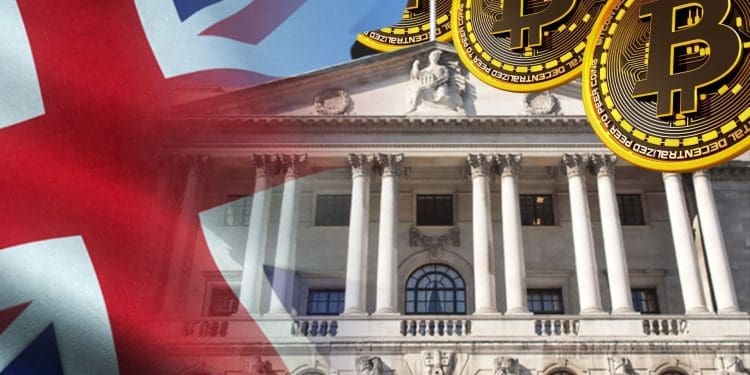- The Bank of England (BOE) and Financial Conduct Authority (FCA) released a plan to regulate stablecoins backed by the British pound to make the UK a global crypto hub.
- The BOE will focus on regulating systemic stablecoins used for payments, while issuers will need permission before issuing coins in or from the UK.
- The UK is following the EU and Japan in releasing a clear framework for regulating digital assets, in contrast to the US which has lagged on clear crypto rules.
The Bank of England (BOE) and the Financial Conduct Authority (FCA) have released a plan to regulate stablecoins backed by the British pound. This comes after the UK government proposed rules last week to oversee the digital asset industry. The new regulations aim to make the UK a global crypto hub.
Regulating Systemic Stablecoins
As per the plan, the BOE will focus on regulating stablecoins used in systemic payment systems. The Prudential Regulations Authority stated that contagion risks will be lower for stablecoins regulated by the BOE compared to those regulated by the FCA. Stablecoin issuers will need prior permission before issuing coins in or from the UK.
Revenue Generation for Issuers
The paper mentioned that issuers may keep revenue from interest and returns on backing assets. However, the FCA said this could be perceived as unfair to consumers if interest rates remain high. The stablecoin backing assets are expected to be protected as client assets.
The UK Follows EU and Japan
The UK is the latest country to release a clear framework for regulating crypto and stablecoins. This is in contrast to the US which has lagged in issuing clear rules. The UK’s plan follows similar moves by the EU and Japan to regulate digital assets.
Conclusion
The BOE and FCA’s stablecoin regulation plan aims to provide oversight while still allowing growth and innovation in the crypto industry. The rules are part of the UK’s broader strategy to become a global crypto and blockchain hub. However, the regulations’ impact remains to be seen as implementation begins in 2024.














